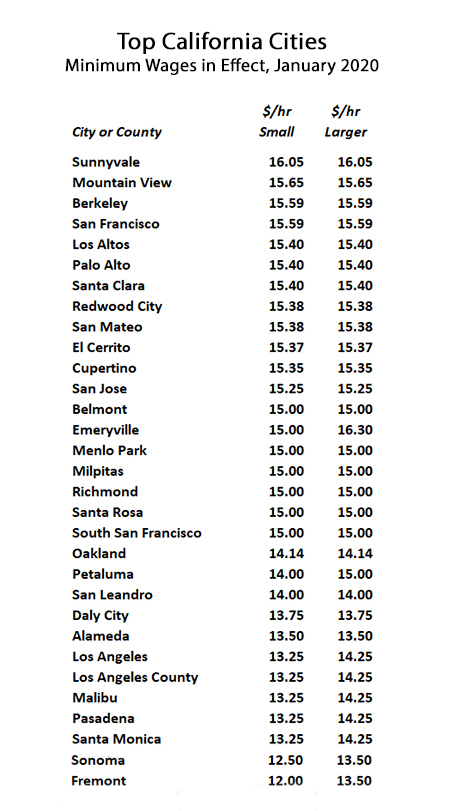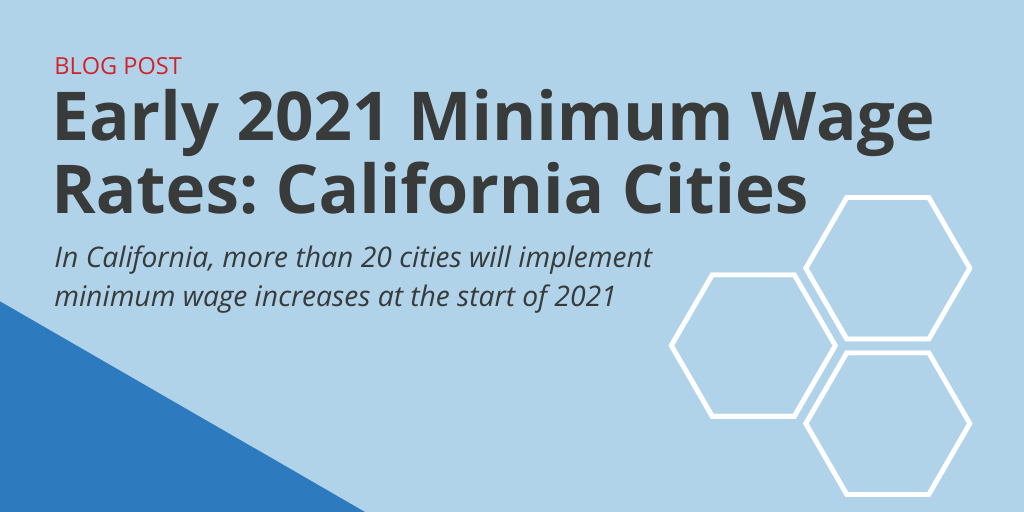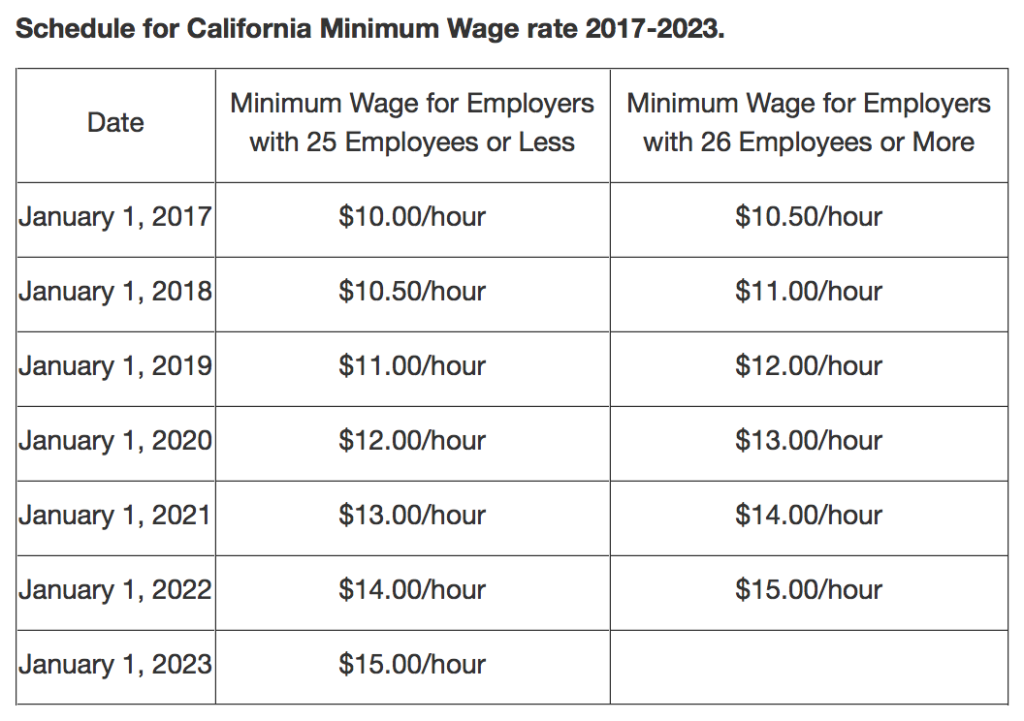
The FAST Recovery Act creates a 10-person council of workers, corporate representatives, franchisees, union representatives, and state officials tasked with setting minimum standards for wages, hours, and other employment conditions for fast-food workers. This study finds that if a $22 minimum wage for fast-food workers were adopted nationally, every state would face a drastic jump in labor costs in this industry, which would cause price increases or employment decreases by up to 35 percent. The passage of AB 257 and the forthcoming implementation of a statewide $22 minimum wage for fast-food workers raises an important question: What would be the impact of a federal $22 minimum wage for fast-food workers on franchises and small businesses across the country? Since then, elected officials, including Senator Elizabeth Warren, have called for a federal minimum wage of $22. The “Fight for $15” – that is, a $15 minimum wage – movement began in 2012 as an effort to raise the federal minimum wage. Critics of the law fear it will harm small business and franchise owners through increased labor costs and food prices. Less than a day after becoming law, a referendum was filed by critics-including business trade groups, fast-food corporations, and franchisees-to block AB 257 until voters can weigh in.

Under the new law, the council has the authority to increase the minimum wage for fast-food workers in California to $22 per hour for an average wage increase of 41 percent. The act creates a council of 10 labor representatives to set minimum standards for wages, hours, and other conditions for fast-food workers. On September 5, 2022, California Governor Gavin Newsom signed the Fast Food Accountability and Standards Recovery Act or FAST Recovery Act (AB 257), new California labor legislation, into law. As wage-driven labor movements continue, observers have acknowledged the potential for federal AB 257-like legislation this study finds that such significant and rapid wage increases nationally would drive up costs by up to 35 percent, resulting in increased prices, decreased demand for labor, or most likely, some combination of the two.This legislation will have significant implications for employers, consumers, and likely many of the workers themselves, leading critics of AB 257 to file a referendum to block the new California labor law.




 0 kommentar(er)
0 kommentar(er)
